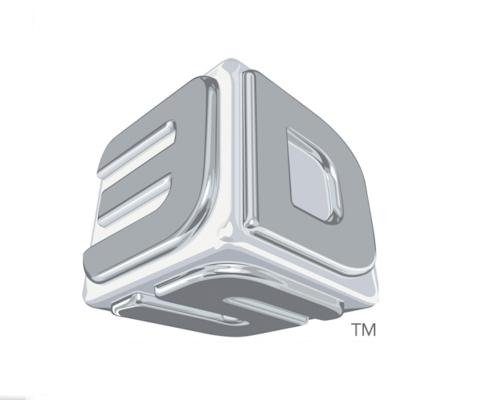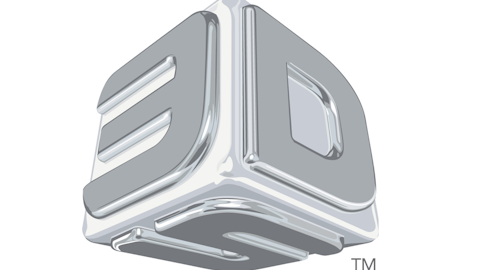If you thought 3D Systems Corporation (NYSE:DDD) might have finally whetted its appetite for bolt-on acquisitions, think again.
On Tuesday, the additive manufacturing specialist announced yet another acquisition with its agreement to purchase CRDM, a U.K.-based “provider of rapid prototyping and rapid tooling services.” More specifically, CRDM focuses on designing and manufacturing specialized parts for a variety of applications including automotive, aerospace, medical devices, and motorsports.

For those of you keeping track, this is 3D Systems Corporation (NYSE:DDD)’ sixth acquisition so far in 2013 and its fourth since the acquisition of Rapid Product Development Group in May, which itself is also being integrated into 3D Systems Corporation (NYSE:DDD) Quickparts business.
However, though financial terms weren’t released for the RPDG buy either, that press release also included raised guidance from 3D Systems. We learned that RPDG was expected to contribute to its treasure chest between $20 million and $25 million in sales while boosting earnings by around $0.05 per share.
Unfortunately, we were offered no such numbers from this week’s announcement, leaving detail-hungry investors to wonder how the 18-year-old CRDM might affect 3D Systems Corporation (NYSE:DDD)’ finances over the short run.
Embrace the consolidation
Even so, it’s hard to complain considering 3D Systems’ most recent quarter included 45% year-over-year revenue growth, thanks to a solid 108% increase in sales from printers and other products and 30% overall organic growth. Even so, the stock tumbled 10% at the time as the company’s earnings per share suffered from dilution resulting from its $250 million stock issue back in May to help finance all these acquisitions.
Meanwhile, the 3-D printing market consolidation continued elsewhere as industry competitor Stratasys, Ltd. (NASDAQ:SSYS) turned heads in June with its own $400 million merger with up-and-coming MakerBot — a savvy move by the company that ultimately propped up Stratasys, Ltd. (NASDAQ:SSYS)’ own second-quarter earnings results earlier this month, sending its shares up more than 14% in a single day and turning the tide in the 3-D printing bulls’ favor.
But luckily for those of you looking for a lower long-term entry point, last week’s not-so-bad earnings report and subsequent 16% plunge in the shares of industrial 3-D printing expert ExOne Co (NASDAQ:XONE) managed to stem the upward trajectory of both 3D Systems and Stratasys, Ltd. (NASDAQ:SSYS), at least temporarily.
Foolish takeaway
In the end, we can be sure of two things as the influence of 3-D printing continues to grow.
First, the industry will continue to consolidate through acquisitions like this one, which is why I’m convinced investors would be wise to own a piece of market-leading companies that stand to benefit from the trend like 3D Systems Corporation (NYSE:DDD), Stratasys, Ltd. (NASDAQ:SSYS), and ExOne Co (NASDAQ:XONE).
Second, know that there will be more volatility along the way, so consider starting with a small position and building it up over time as these companies mature.
The article 3D Systems Adds to Its Quickparts Arsenal, Again originally appeared on Fool.com and is written by Steve Symington.
Fool contributor Steve Symington owns shares of 3D Systems. The Motley Fool recommends and owns shares of 3D Systems, ExOne, and Stratasys and has the following options: short January 2014 $36 calls on 3D Systems and short January 2014 $20 puts on 3D Systems.
Copyright © 1995 – 2013 The Motley Fool, LLC. All rights reserved. The Motley Fool has a disclosure policy.




